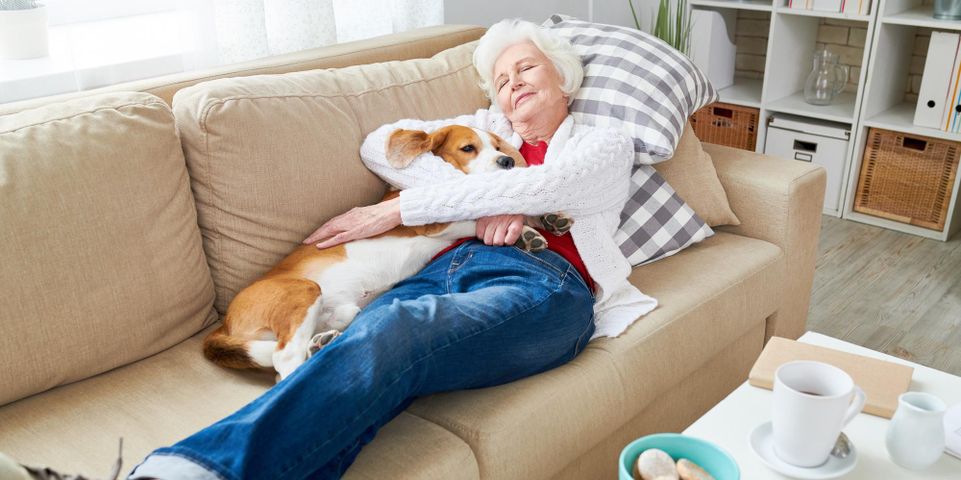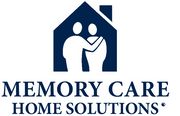How Are Dementia & Sleep Disorders Linked?

Over 50 million people worldwide are living with dementia. With the on-going loss of cognitive functions like memory, emotional control, and movement, many individuals also report sleep trouble or worsening symptoms at night, known as sundowning. If you’re curious about the connection between dementia and sleep disorders, here’s some helpful information to review.
Understanding the Link Between Dementia & Sleep Disorders
How Are Dementia & Sleep Disorders Related?
Studies have shown that sleep disorders and cognitive decline often go hand in hand with one condition signaling the other. As such, it’s common for individuals with Alzheimer’s, Parkinson’s, and other forms of dementia to experience sleepless nights, daytime restlessness, and shorter REM cycles. The lack of sleep can be a challenging symptom to battle as feeling tired can impact an individual’s mood, memory, energy level, and outlook on the day.
A recent study noted that experiencing these sleep disorders and on-going disruptions to your REM cycle is often a warning sign that an individual is likely to develop some form of dementia within a few year’s time.
What’s the Best Treatment Option for Elderly Individuals Battling Dementia & Sleep Disorders?
 To assist with memory retention, daily tasks, lifestyle improvements like exercise or meditation, and administering medication meant to help regulate sleep cycles, seniors with these diagnoses should explore home care options. A caregiver that understands memory loss and the many symptoms related to this condition can improve quality of life and promote wellness through one’s golden years.
To assist with memory retention, daily tasks, lifestyle improvements like exercise or meditation, and administering medication meant to help regulate sleep cycles, seniors with these diagnoses should explore home care options. A caregiver that understands memory loss and the many symptoms related to this condition can improve quality of life and promote wellness through one’s golden years.
Memory Care Home Solutions, based in the heart of Saint Louis, MO, is known across the state of Missouri for providing much-needed caregiver training and resources for families and individuals who work in the field of elderly home care. If you’re a caregiver interested in workshops and training opportunities in your field, call today at (314) 645-6247 to speak with a member of their team. For more information on how this local organization can guide families looking for an alternative to assisted living for an elderly loved one with dementia, visit their website.
About the Business
Have a question? Ask the experts!
Send your question

